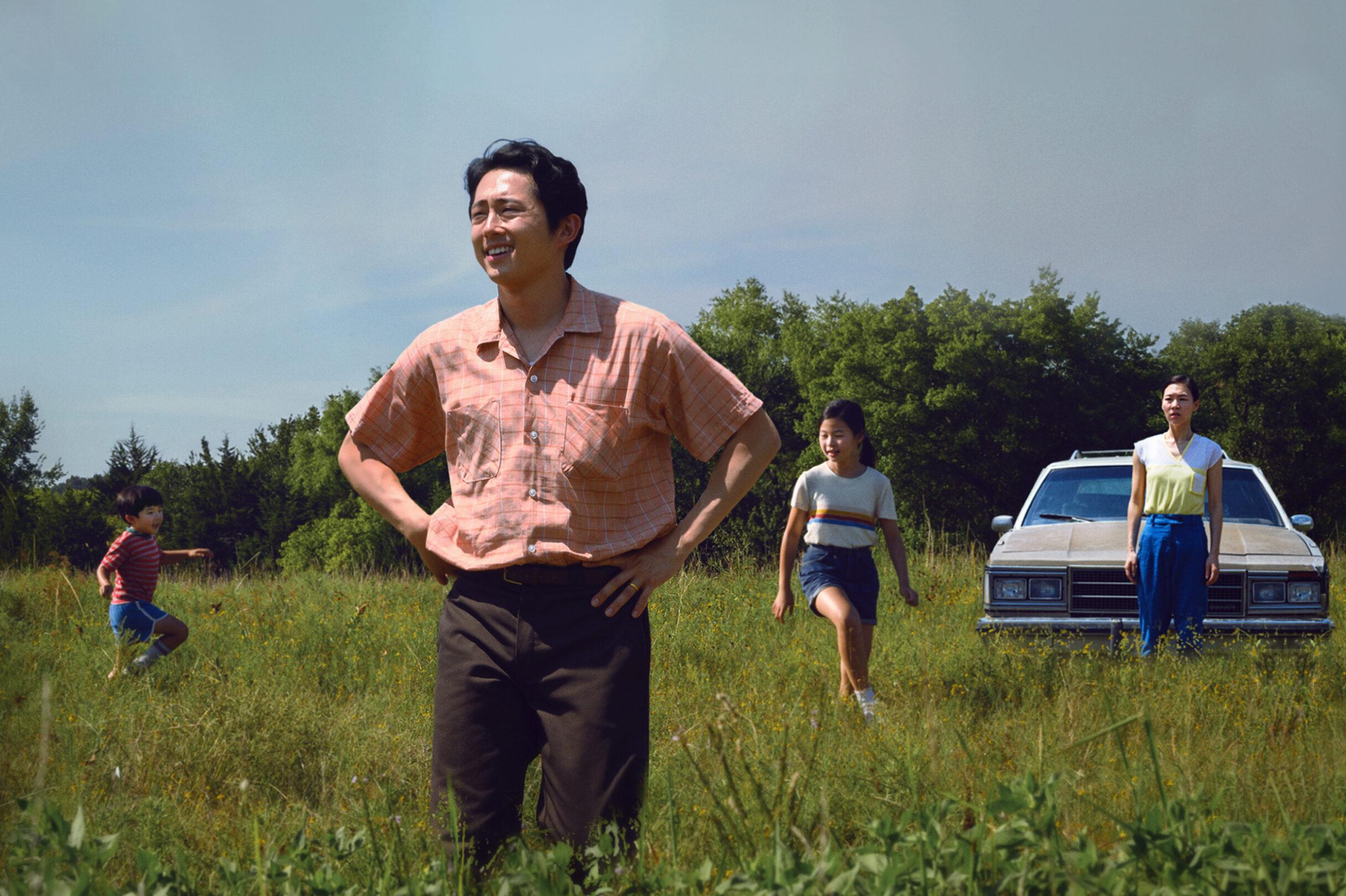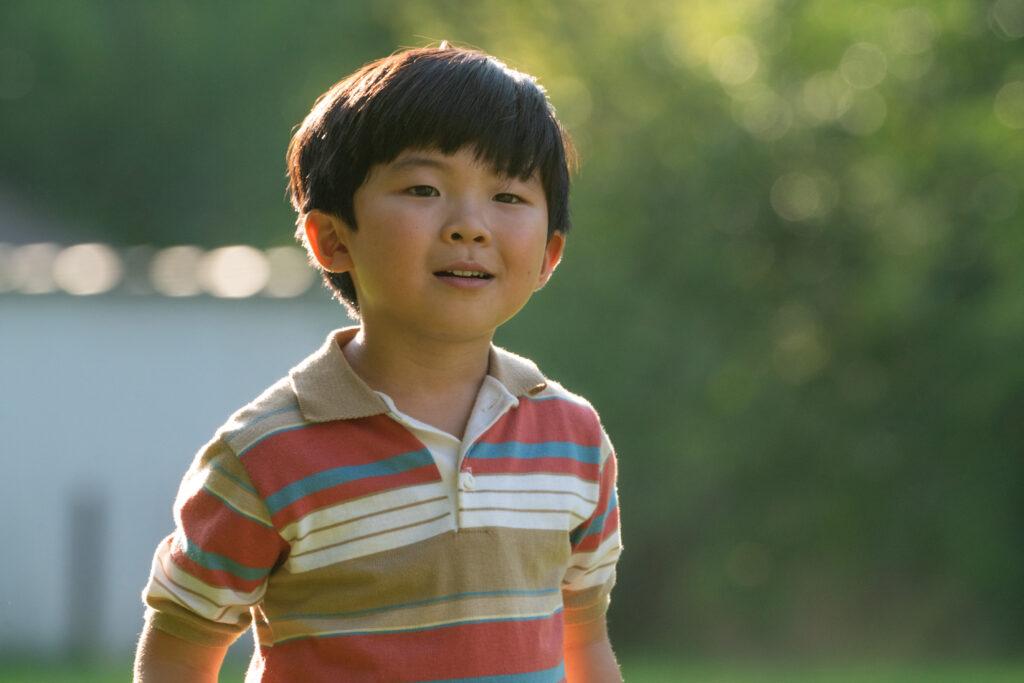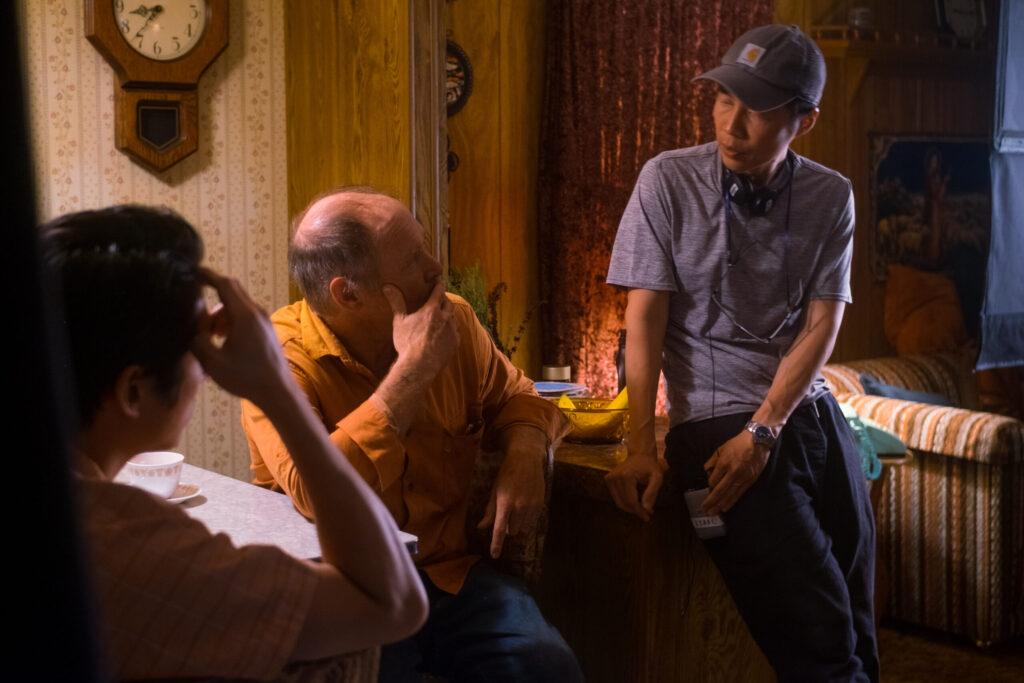
Editor's note: 'Minari' won a Golden Globe in 2021 for 'Best Foreign Language Film' and an Academy Award for 'Best Supporting Actress' (Youn Yuh-jung). Our original story continues below.
When director Lee Isaac Chung’s “Minari” premiered at the 2020 Sundance Film Festival, word-of-mouth about it being one of the best movies traveled fast. The recommendations bore out and the film eventually won both the Grand Jury Prize and the Audience Award in the U.S. Dramatic category. It would go on to win a number of festival awards, including two from the Denver Film Festival, before its Feb. 12 premiere in theaters.
Now, it’s poised to take home a few more trophies during the pandemic-extended awards season.
First and foremost, “Minari” is a personal project for its Denver-born director. The movie follows the story of a Korean family settling down in Arkansas for their chance at the American Dream. Parents Monica (Yeri Han) and Jacob (Steven Yeun) work tirelessly to start their own farm and provide for their children, Anne (Noel Kate Cho) and David (Alan Kim). Later, the children's grandmother Soonja (Yuh-jung Youn) comes to join the family.
Chung loosely based “Minari'' on his own childhood memories.
“There's a lot that's fictionalized in the story,” he said in an interview with Colorado Matters. “I was only maybe two-months-old when we moved out of Denver. My dad started off in Denver as a chicken sexer and that's where he saved up enough money for my mom and sister to move from Korea over to them.”
For those wondering what a chicken sexer does, Chung explained it was a chicken factory worker who determined the sex of newborn chicks to be separated by gender.
From Denver, the Chung family made their way to Atlanta before settling down in Arkansas. “For me, it was a big adventure to go to this wild plot of land that my dad was so excited about,” Chung said. “He was always talking about the color of the dirt and that's something you see in the film. He started a farm, and we had 50 acres of land. He didn't tell my mom that we were going to do this. So, that's something you see in the film as well. I remember those conflicts that they were having as they were trying to eke out a new living on a farm.”

Although not a straightforward autobiography, “Minari” is rooted in many real-life events. The fictional element of the story is “the way in which the people are depicted.” It was an intentional choice to “increase the drama and the tensions and conflicts between everybody,” Chung said. One element that inspired the movie was his dad’s dedication to growing Korean produce, especially Korean pears.
“That's something that we tried to depict in the movie — that farming is really, really difficult work.”
Another standout feature is the movie’s attention to the family’s different perspectives from the three generations within the home. “The wisdom of a child is just as prescient and important as the wisdom of someone who is an elderly person,” Chung said. “I love that idea that I could maybe shape a story in which all of these perspectives are trying to figure out the same thing. And to me, that's how to stay together, how to survive together, how to love each other.”
The idea of telling his family’s story was one that Chung has thought about for years, even as he began his film career in other parts of the world.

“It wasn't until I was about to reach 40 — so this was around 2018 that I started to wrestle with whether or not I'll keep doing this, whether I'll keep on making movies — that I just thought I need to at least write this script and do the thing that I felt would be the most personal film that I wanted to ultimately make one day. I just felt like I was ready for it because now I was the age that my dad was when we moved there and my daughter was the age that I was when we moved there. So it's as though I finally understood those perspectives, just a little better, just enough to be able to tell the story.”
The making of “Minari” was something of a homecoming for Chung, not just when it came to revisiting old memories, but also reconnecting with where he grew up as a source of comfort.
“I live in LA now. I lived in New York for about nine years, and it's always part of you,” the director said of his childhood home. “A friend of mine told me that wherever you live when you're about eight-years-old will probably be the place that you feel most at peace. Sometimes I wonder about that because when times are tough, I do kind of wish I could go walk around on a farm somewhere.”








